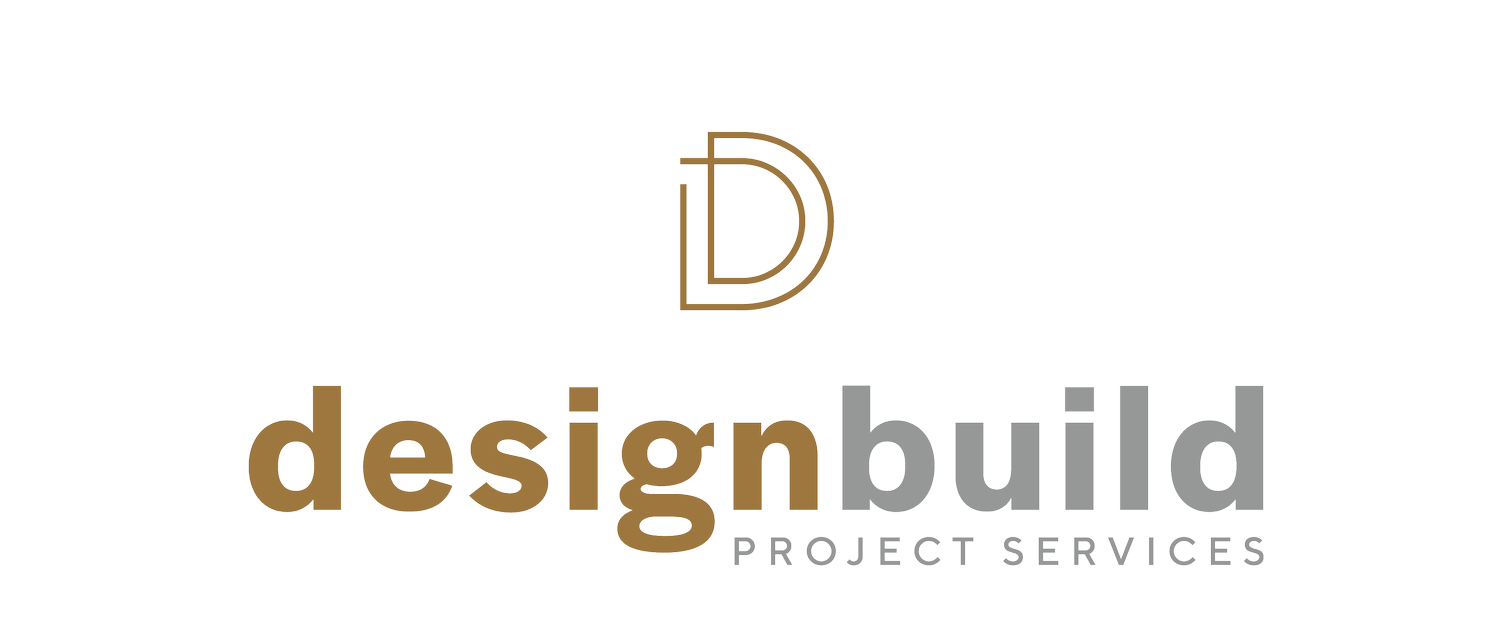R U OK?: Mental Health and the Construction Industry
Building Foundations for Better Well-being
The construction industry is an astounding feat of human achievement, continuously shaping our world into the sprawling urban jungles and awe-inspiring architectural wonders we see today. Take a moment to glance at the skylines of major cities and you’ll witness a testament to the power of construction. There is so much more to these builds then what you see from the outside. The people that belong to this industry shape our lives, making decisions about our homes, our hospitals, our schools and the transport infrastructure that we rely on everyday. Our world, would simply not work without this industry and most of don’t see that, we take it for granted.
Despite the undeniable impact of the construction industry, there's an aspect that remains deeply concealed — the mental health of it workers. Beyond the steel beams, concrete walls, and innovative designs lie the hearts and minds of those who make these marvels possible. Sadly, what's even more astounding than the physical creations of the construction world is the fact that it is an industry suffering with a silent pandemic, with some of the highest rates of mental health issues.
Why is that so? Construction has long been associated with grit, resilience, and 'toughing it out'. This perception, while commendable in the face of physical challenges, has inadvertently created a culture where emotional struggles are stigmatised. Many in the field believe they must always present a strong front, which can make it difficult to reach out for help or even admit to oneself that help might be needed.
Addressing mental health isn’t merely a challenge; it's an urgent necessity. Tackling this issue requires more than just policies and programs—it demands a shift in culture for the industry. The solution is simpler than we think: open communication. Encouraging dialogue, fostering understanding, and offering support can make a world of difference. Just as construction relies on the collaborative efforts of diverse professionals, so too should our approach to mental health be a collective endeavour.
14th of September R U OKAY? Day
In 2009, the Australian charity R U OK? began an initiative which underscores the immense power of reaching out and starting a conversation. By asking someone "R U OK?", we acknowledge their humanity and provide a potential lifeline. This simple act can make a profound difference, creating a ripple effect of compassion and understanding.
For those struggling with their mental health, the weight of the world can be overwhelming. Loneliness, despair, and a sense of hopelessness can cloud judgment. But remember this: you are not alone, and it does get better. I say this not just as a hopeful statement but from personal experience.
As we marvel at the structures around us, let’s not forget the human element that brings them to life. The construction industry has the potential to build not just physical edifices but also a compassionate community where everyone’s well-being is valued. It's high time we lay the foundation for a future where mental health is not only recognised but nurtured with the same vigour and passion as any other project.
This Insights post has been inspired but not only my own story but the Organisations and Charities below:
I encourage my readers to follow these Organisations & Charities to keep mental health in the forefront of your mind to remind you to ask the question R U OK? today. Change is necessary.
Dylan Ingram
Senior Designer


